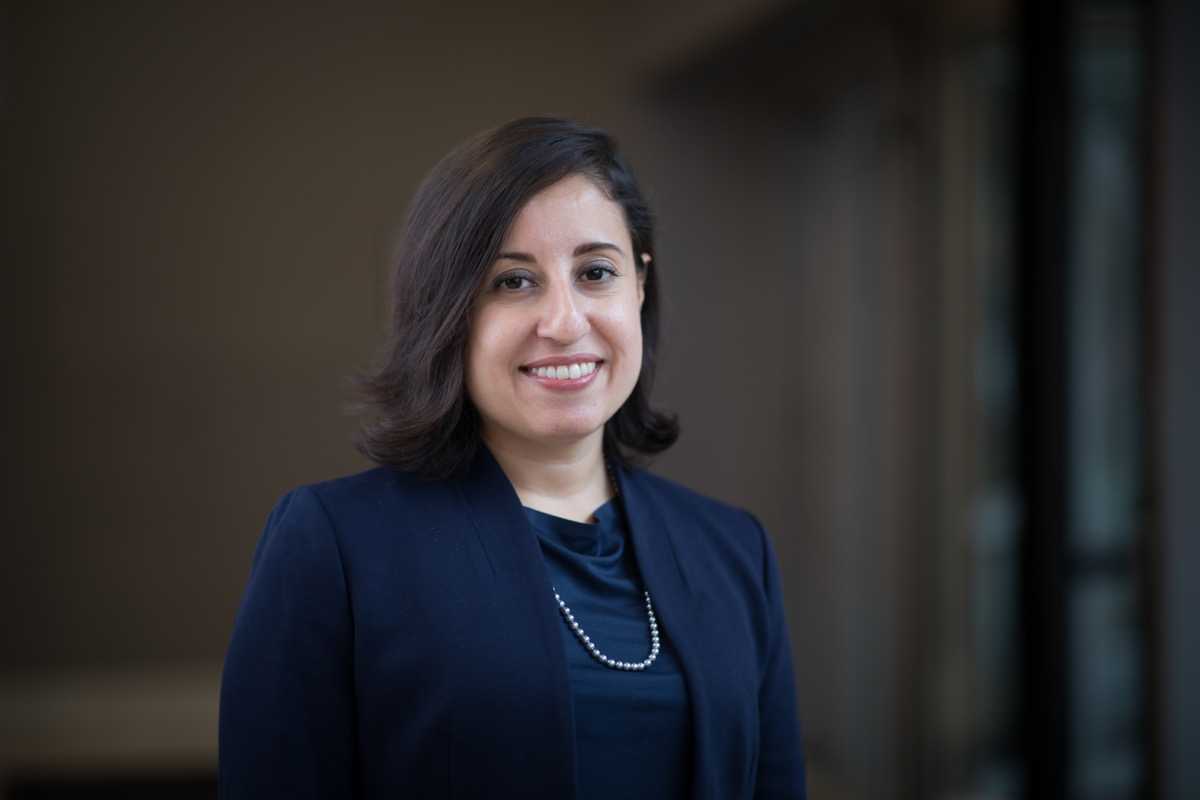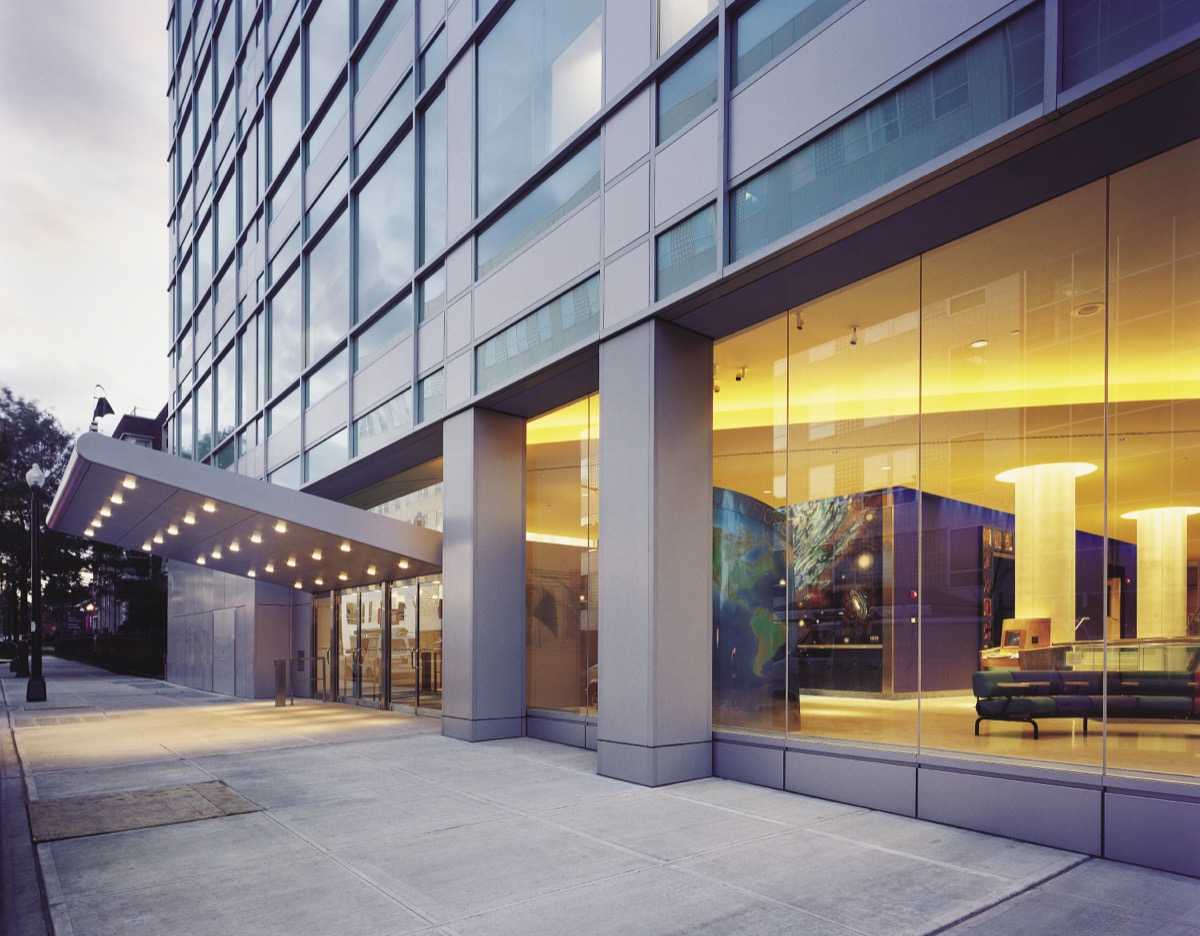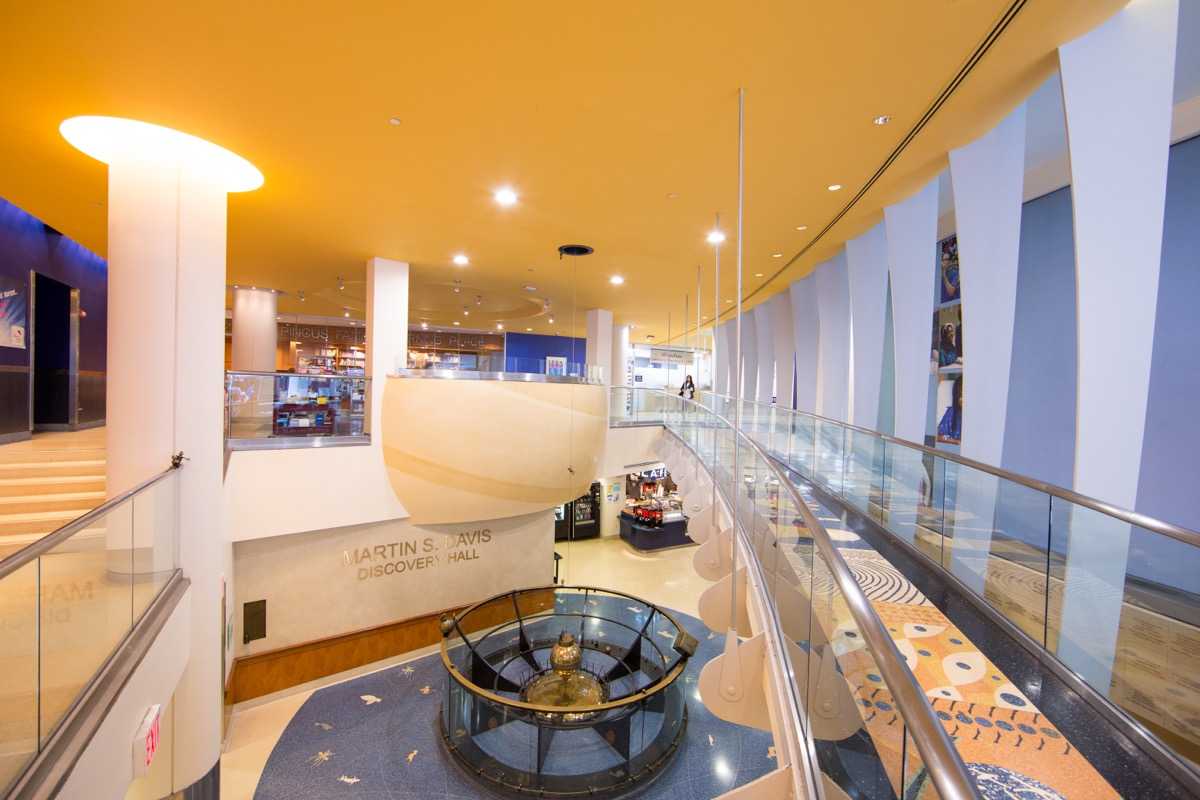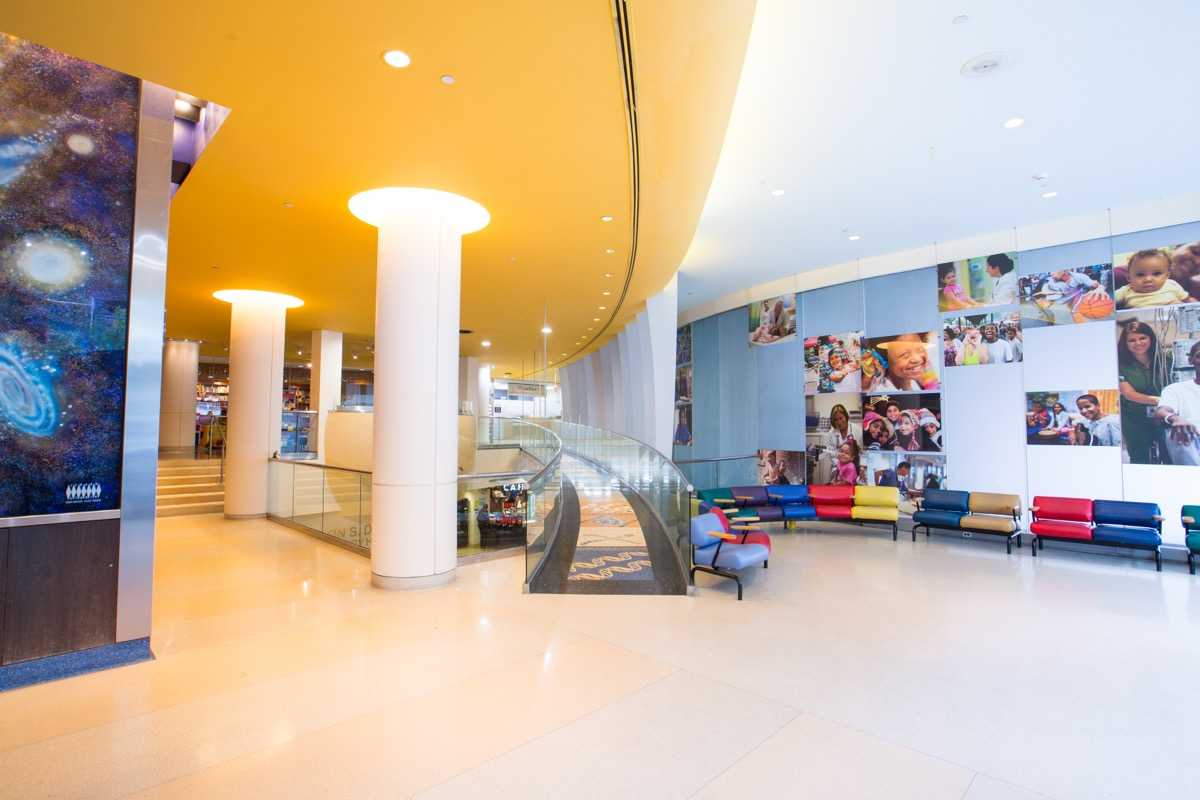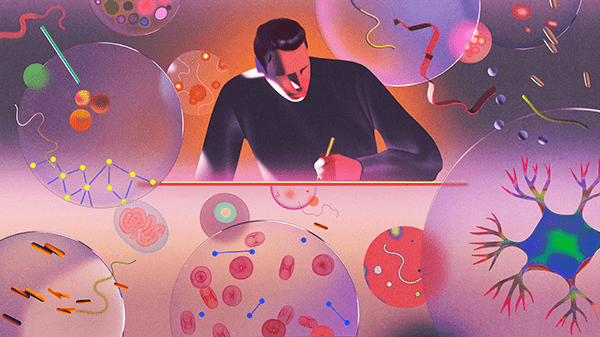Division of Developmental Medicine
Developmental-Behavioral Pediatrics Fellowship Program
Our mission is to enhance the behavioral, psychosocial and developmental components of pediatric care by preparing fellows for leadership roles as clinicians, investigators, educators and advocates. Fellows participate in an extensive set of didactic, clinical, scholarly, advocacy and community experiences. We emphasize interdisciplinary collaboration and family partnership using a public-health approach. Training takes place in an environment that serves a multicultural, disadvantaged population, and fellows are trained by faculty who represent nine disciplines.
Elisa I. Muniz, MD, Director, Developmental-Behavioral Pediatrics Fellowship Program, Rose F. Kennedy Children's Evaluation and Rehabilitation Center
Why train at our program
The Developmental-Behavioral Pediatrics (DBP) Fellowship Program is based in the Division of Developmental Medicine, within the Department of Pediatrics at Children’s Hospital at Montefiore (CHAM) and our Albert Einstein College of Medicine. Our training program’s primary clinical site is the Rose F. Kennedy Children’s Evaluation and Rehabilitation Center (RFK CERC), which has a long, proud history of training developmental-behavioral pediatricians. Of the 105 fellows who’ve completed our program, 98 percent have remained in the field, and roughly 50 percent are affiliated with teaching hospitals. At least 20 have served as directors of developmental pediatrics programs in the New York area and beyond.
What our program offers
The DBP program prepares fellows to develop the skills required to effectively collaborate on interdisciplinary teams, caring for children with developmental-behavioral disorders. Fellows obtain leadership roles in DBP as teachers, investigators, clinicians and advocates to advance the field through mastery of various techniques and skills. They also learn to apply research methodology to conducting scholarly projects, resulting in publication in peer-reviewed journals. They learn about and implement quality-improvement (QI) methods to design and implement a QI scholarly project, and learn to utilize the biopsychosocial knowledge and clinical expertise required to provide culturally competent care to individuals with developmental disabilities. In addition, fellows learn to become medical educators in DBP through experiences teaching medical trainees, by participating in community agency education sessions and presenting cases in division case conferences and grand rounds.
Children's Hospital at Montefiore Einstein
Located on our Moses Campus, CHAM is a premier academic children’s hospital nationally renowned for its clinical excellence, innovative research and commitment to training the next generation of pediatricians and pediatric subspecialists.
A world-renowned faculty
A challenging and innovative curriculum
Fellowship Application Information
We’re seeking fellows who will shape the future of healthcare.
If you would like to apply to become a Developmental-Behavioral Pediatrics Fellow at Montefiore Einstein, here’s some information to keep in mind.
- Applications will be processed through ERAS in accordance with the National Resident Matching Program (NRMP) subspecialty fall match for Developmental-Behavioral Pediatrics.
- Information is available on the NRMP website.
Have questions? Get in touch.
Elisa I. Muniz, MD, MS
Director, Developmental-Behavioral Pediatrics Fellowship Program
elmuniz@montefiore.org
718-430-3914


